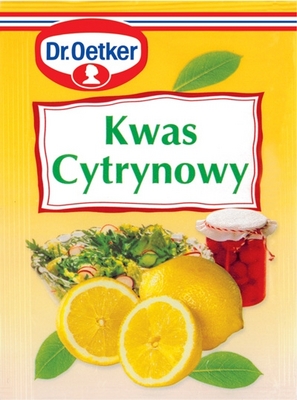Paulina
20 May 2013
Language / Six questions about Polish Vocative Case [14]
Correct.
I'd say the nominative case is more casual.
Yes.
I guess you could say that.
Non-Polish names have a vocative case too.
You could either say "Ester!" or "Estero!". The diminutive form for Estera is "Esterka", so it would be "Esterko!".
Jakubie
Kubusiu
No, one can use both "Kasia" and "Kasiu".
1. I've read that both the nominative and vocative cases are used to address people directly. I would assume, then, that the nominative diminutive form of a name (like Krzyś) is also used to address someone directly – is this correct?
Correct.
2. In what situations would someone be addressed by the vocative case, and in what situations would someone be addressed by the nominative case?
I'd say the nominative case is more casual.
3. Is the vocative diminutive form of a name more affectionate than the ordinary vocative case? Would a close relative be more likely to use Krzysiu than Krzysztofie, for example?
Yes.
4. What is the most affectionate way of all to address someone in Polish? Is the vocative case more affectionate than the nominative case?
I guess you could say that.
5. What happens in the case of non-Polish names used in Poland (like, for example, Jewish names -- like Ester)? Are there rules governing the forming of vocative cases for non-Polish names, or would those names never have a vocative case? Would someone called Ester just always be addressed as Ester?
Non-Polish names have a vocative case too.
You could either say "Ester!" or "Estero!". The diminutive form for Estera is "Esterka", so it would be "Esterko!".
6. Finally, would you be kind enough to tell me the vocative case of the name Jakub, and the vocative case of the diminutive, Kubuś?
Jakubie
Kubusiu
So, throughout your entire telephone conversation with Kasia, would you always call her Kasiu when you spoke to her directly? Is "Kasia" only used when you're talking about her?
No, one can use both "Kasia" and "Kasiu".
 PolishForums LIVE / Archives [3]
PolishForums LIVE / Archives [3]

